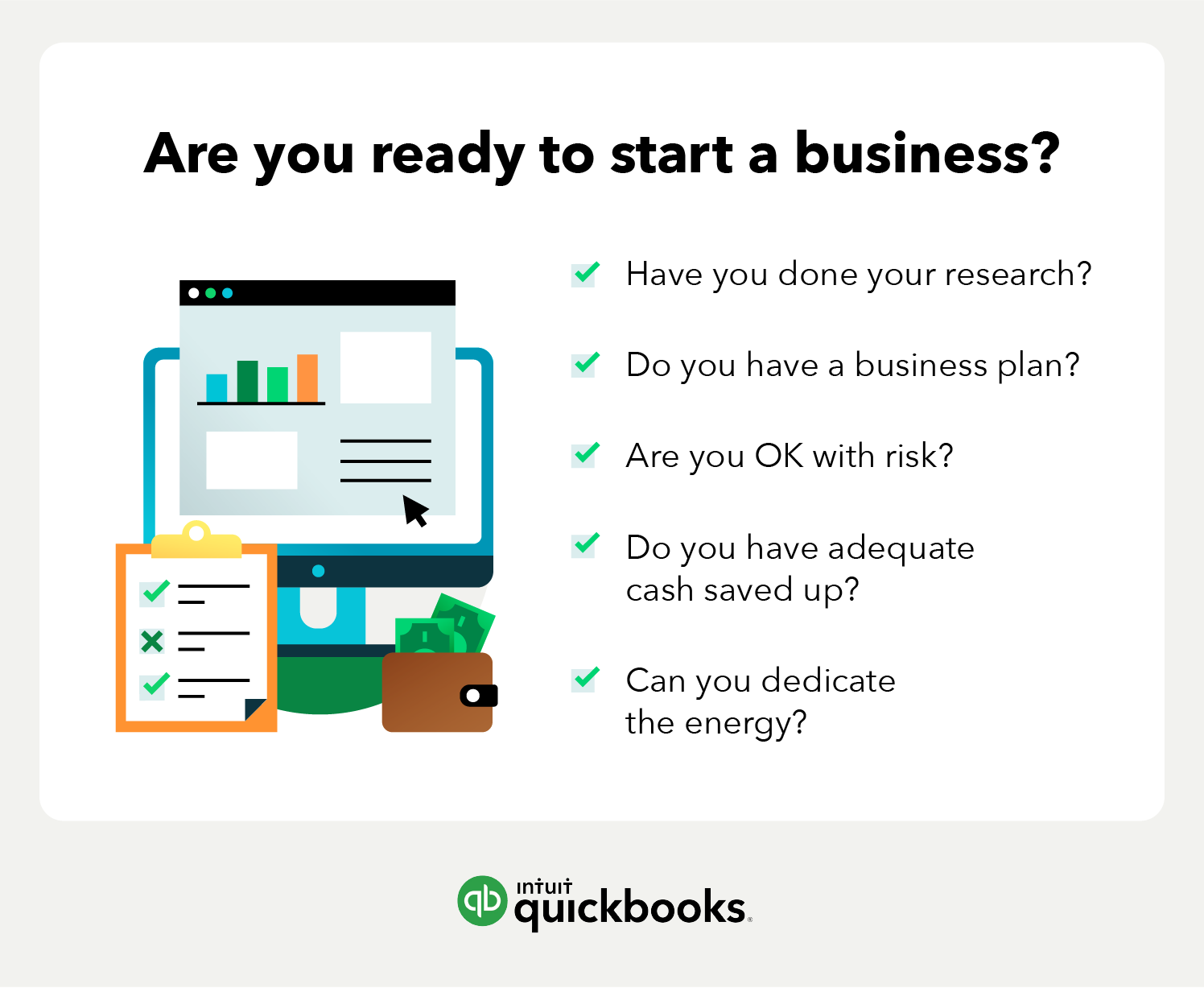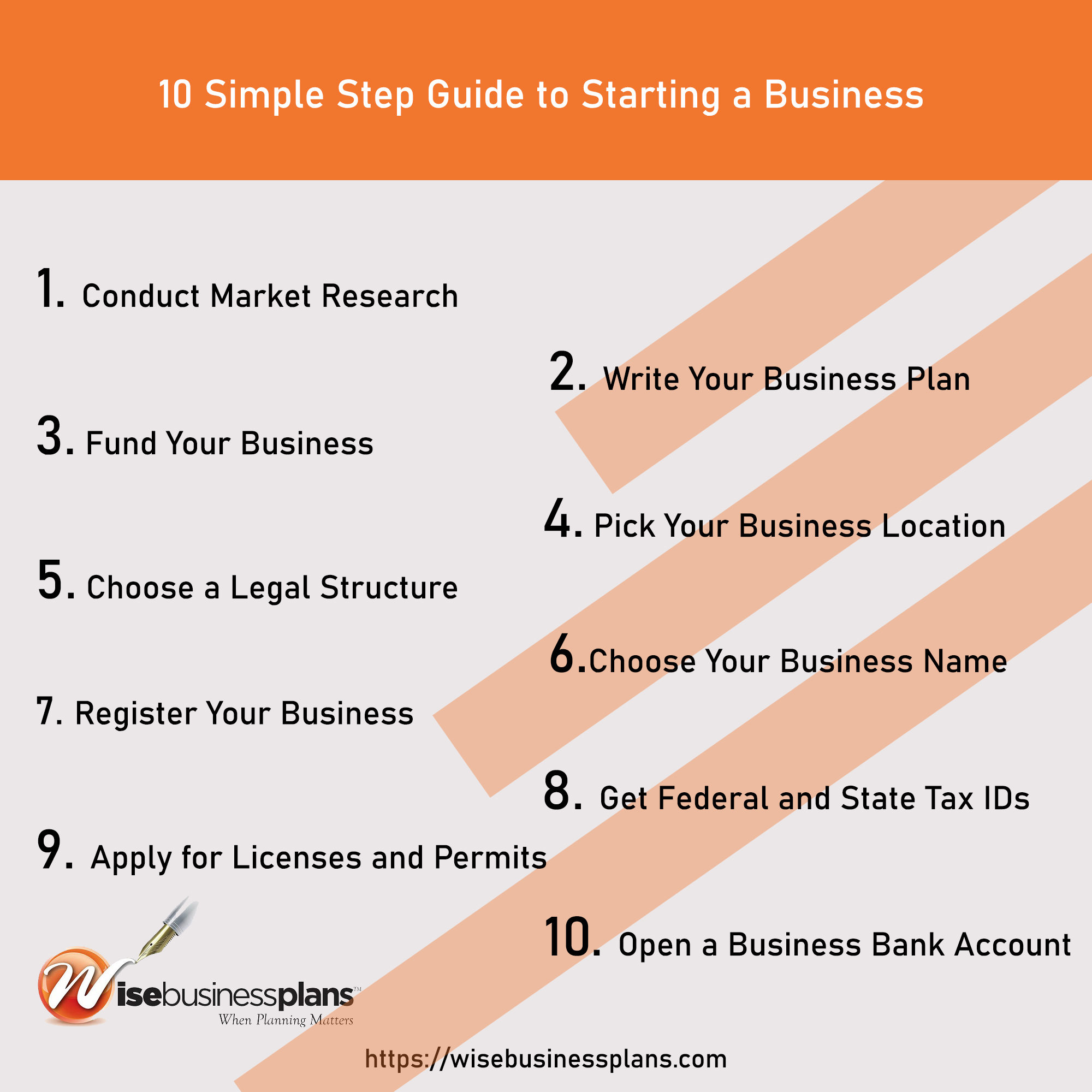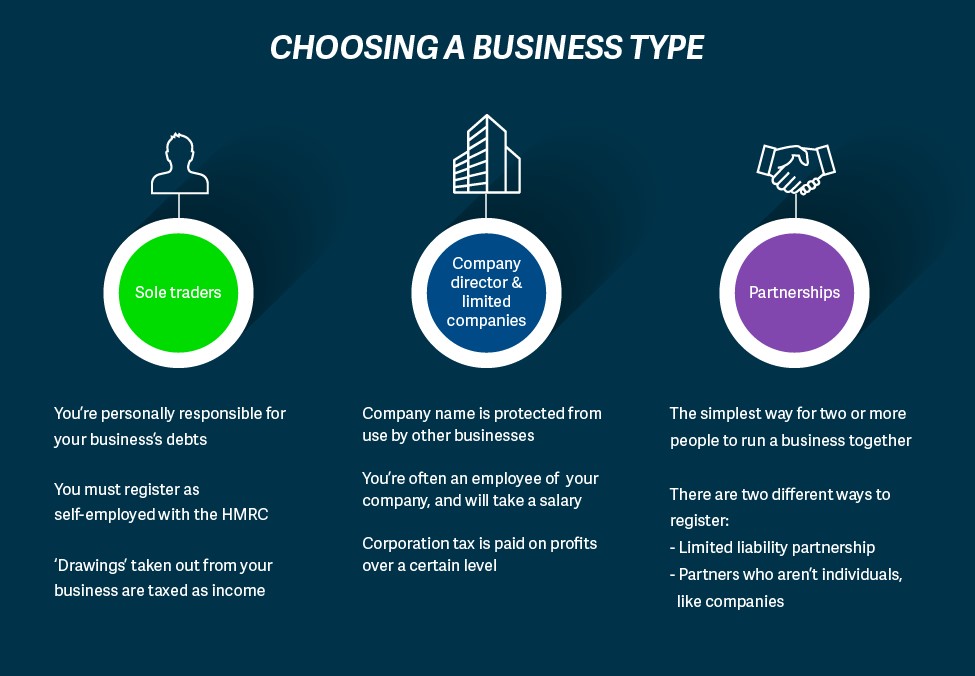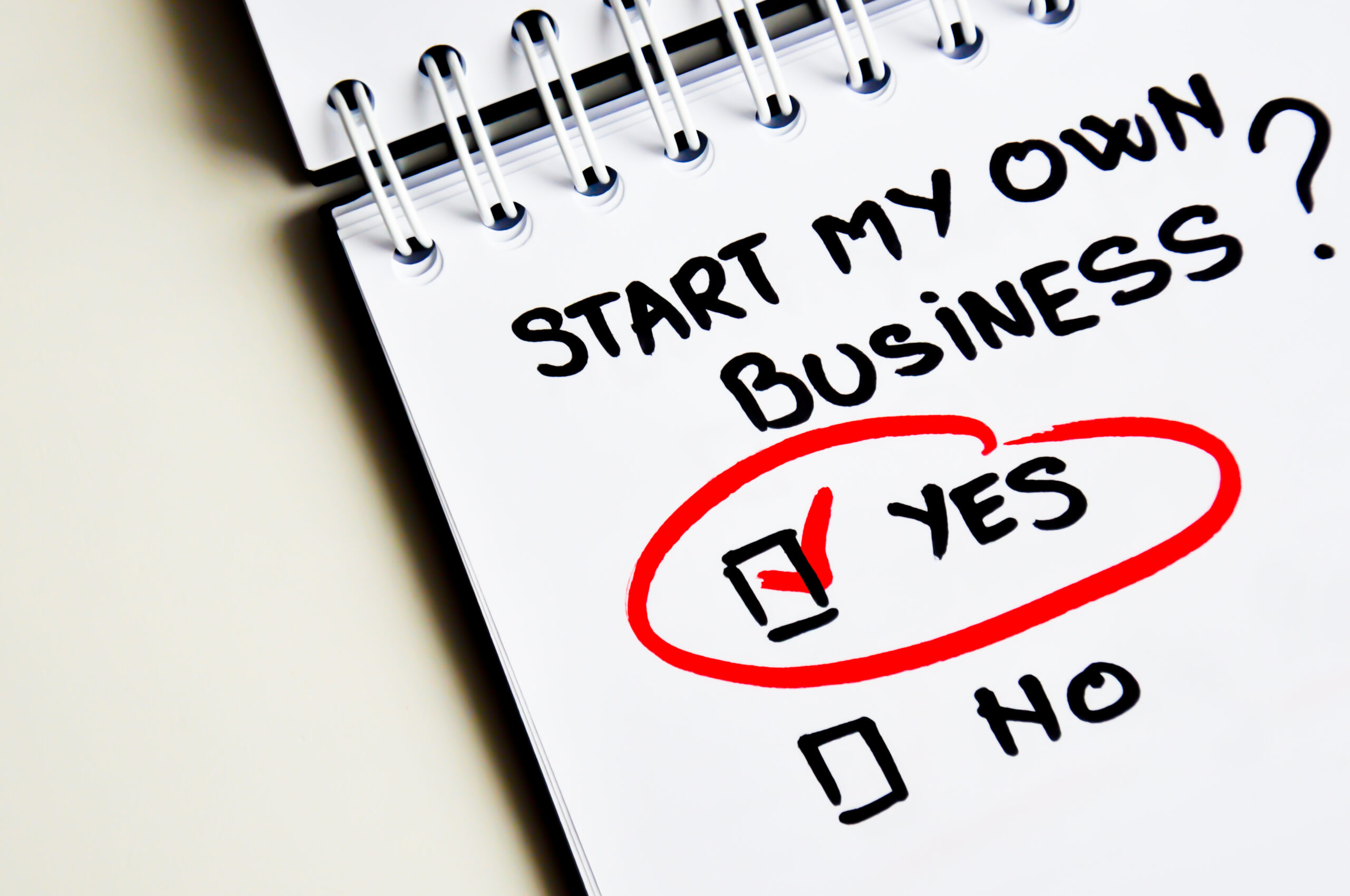What Type Of Business Should I Start
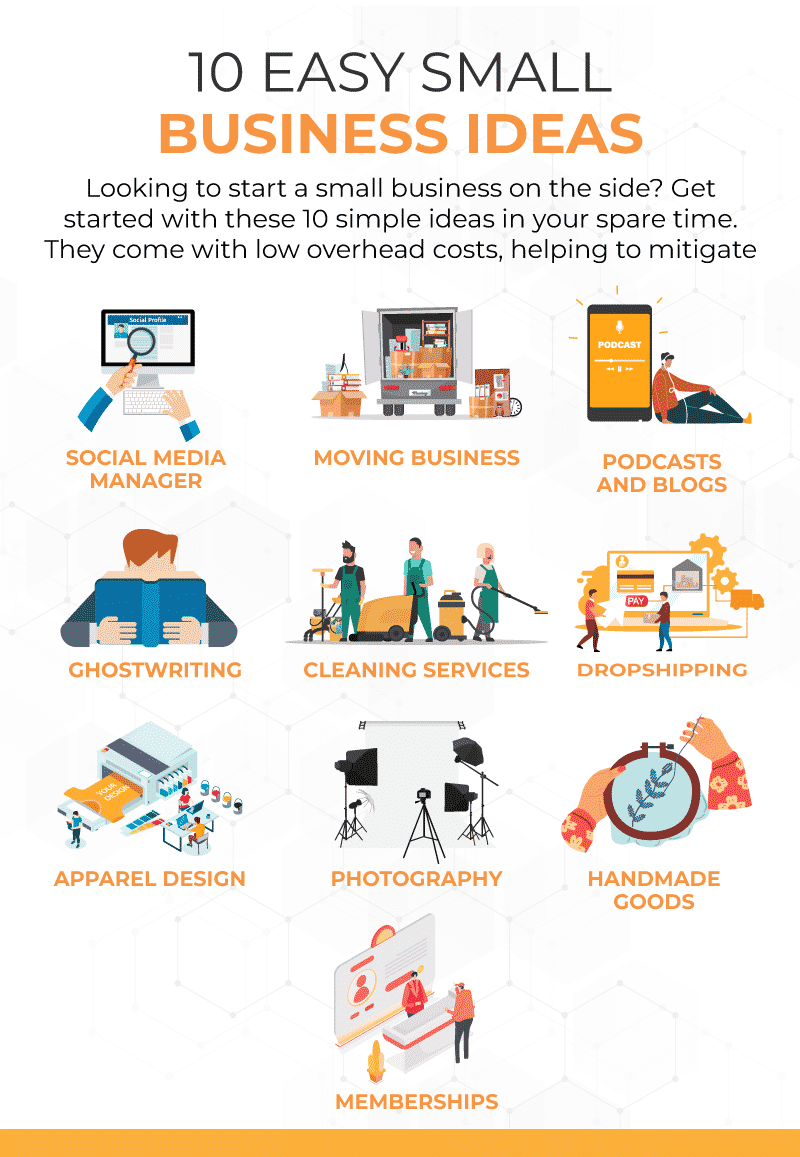
The entrepreneurial spirit is alive and well, with many individuals dreaming of launching their own businesses. But for aspiring entrepreneurs, the question remains: what type of business should I start? This is not a simple question, but one that requires careful consideration of personal skills, market demand, and financial resources.
Navigating the world of business opportunities can be daunting, but by understanding key factors and trends, aspiring entrepreneurs can make informed decisions and increase their chances of success. This article aims to provide a framework for analyzing potential business ventures and identifying opportunities that align with individual capabilities and market needs.
Understanding Your Strengths and Interests
The first step in determining the right business is self-assessment. What are your passions? What skills do you possess, and what do you enjoy doing?
Starting a business that aligns with your interests can make the challenges of entrepreneurship more bearable. It also allows you to leverage existing expertise and potentially create a competitive advantage. Consider skills developed through past employment, hobbies, or education.
“Think about what problems you enjoy solving,” advises Susan Jones, a small business consultant. “Often, the best business ideas come from identifying a need and finding a creative solution.”
Analyzing Market Demand
Even with a great idea and relevant skills, a business cannot succeed without market demand. Research is crucial to determine if there's a need for your product or service.
Start by analyzing your local market. Are there underserved communities or unmet needs? Consider national and global trends to identify emerging opportunities, especially within industries experiencing rapid growth.
Government data, industry reports, and market research firms can provide valuable insights into consumer behavior and market size. The Small Business Administration (SBA) offers resources and data to assist entrepreneurs in their market research efforts.
Evaluating Financial Resources
The amount of capital you have available will significantly impact the type of business you can start. Some businesses require substantial upfront investment in equipment, inventory, or real estate.
Others can be launched with minimal capital, such as online service businesses or consulting practices. Consider your personal savings, potential loan options, and whether you are willing to seek investment from others.
Bootstrapping, starting a business with limited resources, is a common approach for many entrepreneurs. This approach requires frugality and resourcefulness, but it can minimize debt and maintain greater control over the business.
Exploring Business Models
Once you've assessed your skills, market demand, and financial resources, it's time to explore different business models. These models represent different ways of creating value and generating revenue.
E-commerce, consulting, freelancing, and service-based businesses are examples of business models that can be started with relatively low capital and can leverage existing skills.
Consider the pros and cons of each model, including the level of risk, potential for growth, and required time commitment. Choosing the right model is critical for success.
The Impact of Technology
Technology continues to reshape the business landscape, creating new opportunities and disrupting existing industries. Businesses that embrace technology and innovation are more likely to thrive.
Consider leveraging technology to improve efficiency, reach new customers, and create unique products or services. Artificial intelligence, cloud computing, and social media marketing are just a few examples of technologies that can be used to gain a competitive edge.
Online education platforms and coding bootcamps can provide the skills needed to navigate the digital world and develop innovative solutions. Adaptability and a willingness to learn are crucial for entrepreneurs in the modern era.
Mitigating Risk
Starting a business inherently involves risk. However, careful planning and preparation can mitigate these risks and increase the likelihood of success.
Develop a detailed business plan that outlines your goals, strategies, and financial projections. Seek advice from experienced entrepreneurs and mentors. Obtain necessary licenses and permits.
“Don’t be afraid to fail,” encourages David Miller, a serial entrepreneur. “Failure is an opportunity to learn and improve. The key is to learn from your mistakes and keep moving forward.”
Ultimately, the best type of business to start is one that aligns with your passions, skills, and resources, while also meeting a genuine market need. By conducting thorough research, developing a solid business plan, and embracing continuous learning, aspiring entrepreneurs can increase their chances of building a successful and fulfilling business.



:max_bytes(150000):strip_icc()/starting-own-business-1200678-Final-edit-050e3ef116174733a310b081c943fb37.jpg)


